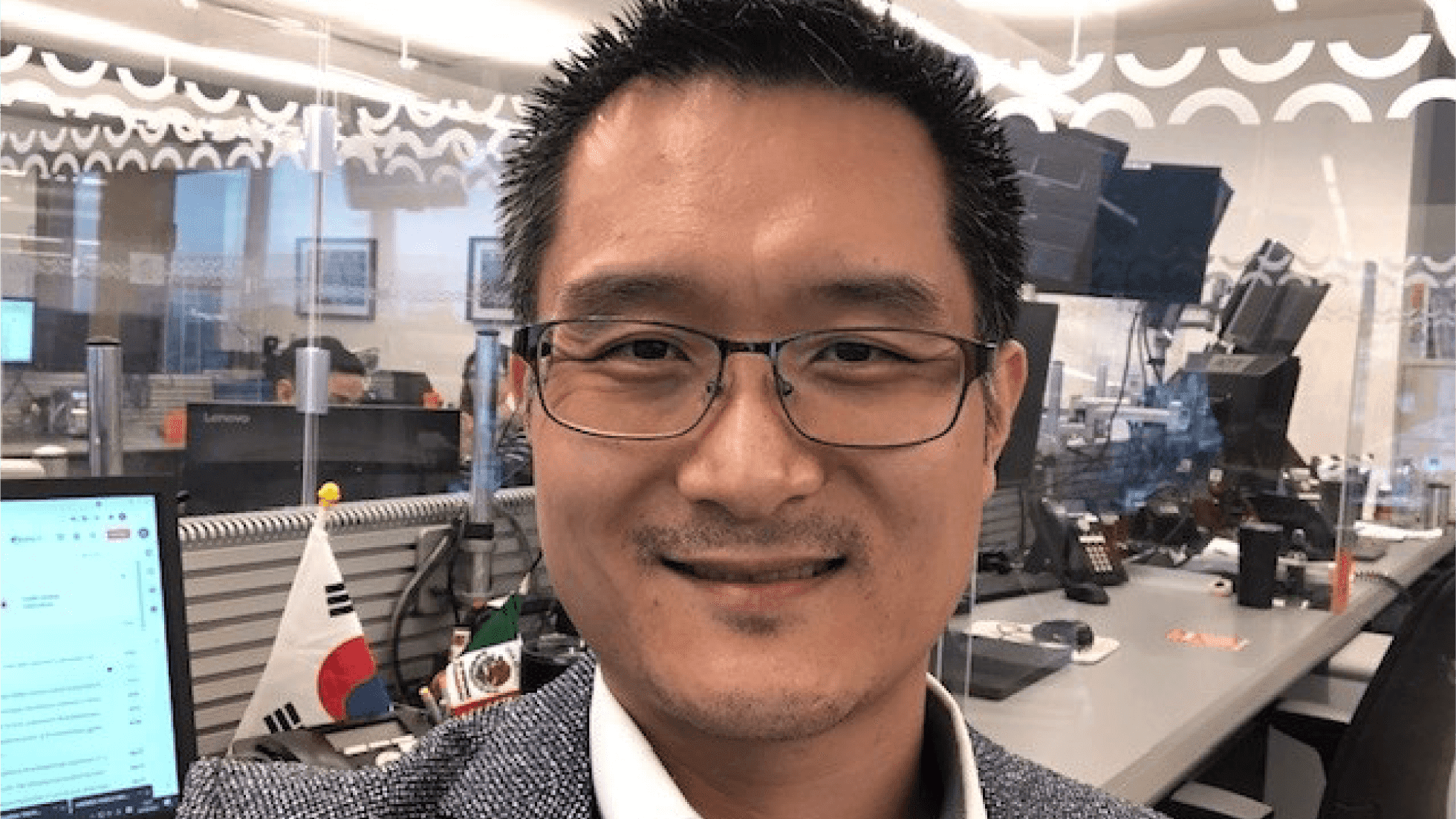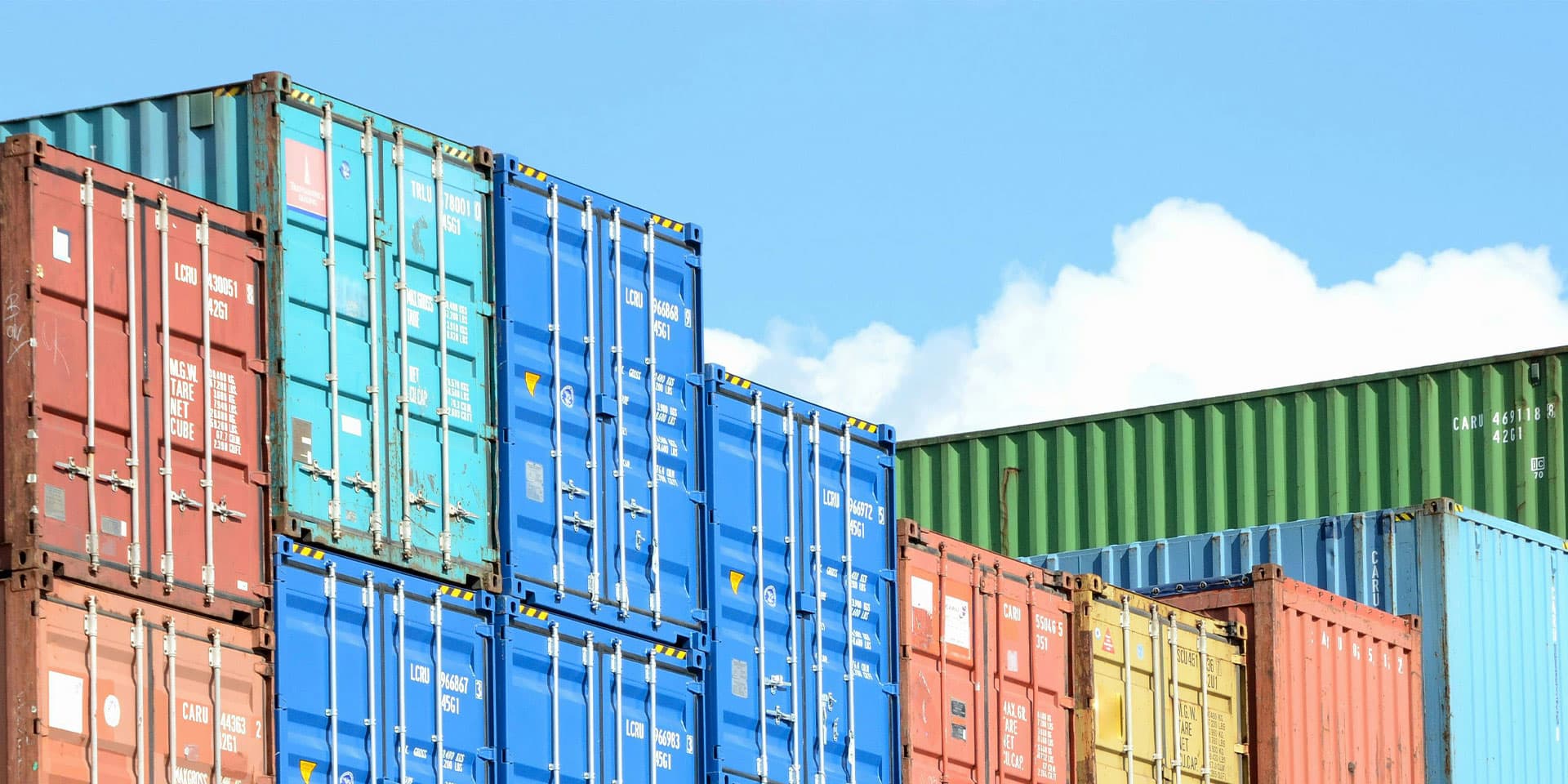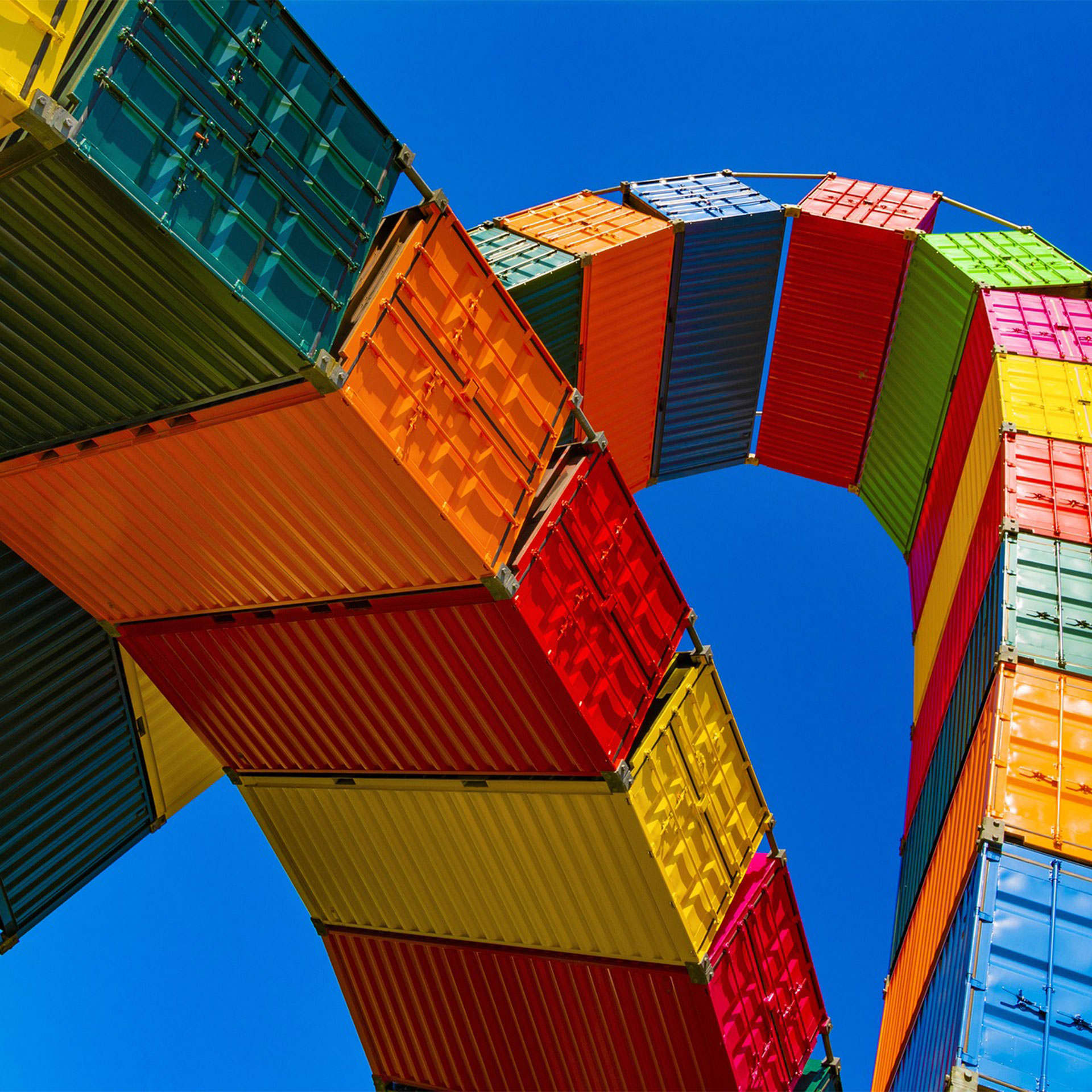
Kang Min-Kyoung (Calvin), talks to LIBF about getting into trade banking from a non-banking background and how he went from studying mathematics and working in import-export in South Korea to becoming a trade finance banker in Mexico.
There are many different roads into trade finance but, at some point, all of them pass through an ‘ah-ha’ moment, when it becomes clear how important trade finance is for the global economy and how satisfying the career can be.
For Kang Min-Kyoung, who goes by Calvin in his role as Head of the Korean Desk at Banregio in Mexico, that moment came in 2015. That was six years before he actually became a trade banker.
Learning about letters of credit
In 2015, Calvin was working for KAI (Korean Alcohol Industrial – one of South Korea’s biggest chemical companies), managing the import of raw materials. KAI regularly bought ethanol from Houston in the US using a letter of credit. One day, there was a hitch with the certificate of origin for an ethanol import. This turned out to be a significant issue. Without a proper certificate of origin, the free trade agreement between Korea and the US wouldn’t apply to the ethanol import, which was worth over $3m. Calvin tried to fix things with the bank that had issued the letter of credit, although he really didn’t know very much about them at that time. Eventually, the team at KAI fell back on contingency plans without significant loss but for Calvin the event was “eye-opening”. “It motivated me to learn about letters of credit so that I wouldn’t make similar mistakes again,” he says.
Calvin had studied mathematics and cryptology to Master's level at a Korean university, so applying himself to learning wasn’t new. Trade finance qualifications, though, were. Calvin planned to ultimately work as a trade finance expert in a bank, where his hands-on experience of working in an import/export firm would be of particular value. In 2016 he sat the Certificate in Documentary Credit Specialists (CDCS) – one of just a few non-bankers – while he was still working in import/export. In the second half of that year, he passed the Certificate for Specialists in Demand Guarantees (CSDG). He passed both first time.
International opportunities in trade finance
In 2018, Calvin moved to Mexico with his family and took up a role with Hyundai Mobis Mexico. Back then, he didn’t speak Spanish. In 2021, he joined a Mexican bank Banregio, first as a foreign exchange dealer and then as head of the bank’s Korean desk. At Banregio, he got a crash course in banking essentials including customer due diligence, cards, payrolls, insurance, investments, letters of credit, loans, foreign exchange, wire transfers, remittances, guarantees, AML and fraud.
Not long after joining Banregio, he also passed the Certificate in Trade Finance Compliance (CTFC), so he was awarded the Diploma for Qualified Trade Finance Specialists (QTFS) in 2022. Now, he puts his trade finance expertise to full use.
“There are lots of Mexican companies that import products from overseas, so we get a lot of documentation related to foreign exports,” says Calvin. “However, there are often discrepancies in the documentation because the relatively new exporters are not yet familiar with all the rules and regulations like UCP600. I help my colleagues to identify the discrepancies and then see what sort of risk our customers are willing to accept.”
Calvin may have moved to Mexico to be a trade banker at a particularly good time. Its role in the world economy is changing. Going back ten years or more, Calvin says, banks in Korea didn’t necessarily want to have a correspondent banking relationship with a Mexican institution. It was viewed as too risky. Now, thanks to ‘near-shoring’, as companies try to cut geopolitical risk by moving production out of China and closer to Western markets, Mexico is becoming an important hub. Even Chinese companies are setting up facilities in Mexico. Though labour costs have been rising, Mexico is still quite affordable especially for automotive industries, and the country is also investing in essential infrastructure like oil refineries, one of which is being built with the help of Korean firm, Samsung Engineering.
Why trade finance matters
One of the things that attracted Calvin to trade finance was its importance to the global economy, as well as the varied responsibilities that can fall under the remit of the trade finance professional.
“Korea is one of the most advanced exporting countries because we don't have many natural resources, so trade finance is clearly important there,” says Calvin. “But trade finance is also important globally. No country can survive on its own and no-one can be sure that a payment will be secure and complete without the support of a financial institution. You also have to manage the risks of fraud, money laundering and the financing of terrorism, which are significant in trade because the payment sizes are huge compared to other types of international payment.”
Starting a trade finance career without banking experience
Calvin believes that lacking a banking or financial background doesn't have to be a disadvantage when it comes to building a career in trade finance – particularly if you approach the job with the right attitude.
“I entered the bank with a lot of passion and I really did my best to prove that a late bank starter can also do his job just as well as other bankers, or even better,” he says. “Potential employers can see the value they might get from non-banking applicants – particularly those that have made the sacrifices needed to get the right qualifications and experience and build up their career.”
Related articles

Why choose a career in trade finance?

Jobs in finance: why should I pursue a career in sustainable finance?
01 June 2022
What kind of role would best suit you?
